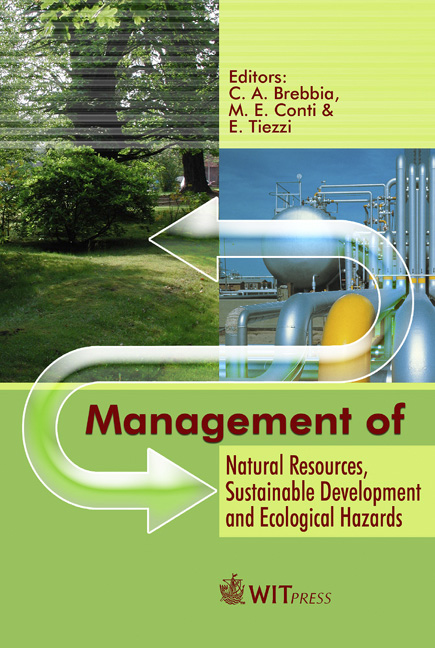Environmental Communication Strategies: When Is What Appropriate?
Price
Free (open access)
Transaction
Volume
99
Pages
11
Published
2006
Size
737 kb
Paper DOI
10.2495/RAV060091
Copyright
WIT Press
Author(s)
B. Tyson & C. Unson
Abstract
How do advocates for the environment best communicate the need to properly manage natural resources? Under conditions of high scientific and high social consensus, a reinforcement strategy would be suitable (i.e., incentives or laws). Under conditions of low scientific consensus and low social consensus, dialogic strategies ought to be followed (i.e., participatory decision making). Under conditions of high scientific consensus but low social consensus, communication could be educational and/or persuasive depending on the immediacy of the situation. This paper provides justification for the above thesis and an analysis of the facilitating factors and barriers affecting each of the four communication strategies listed above. Questions are raised about what constitutes consensus vis-à-vis the controversy inherent among scientists, policy makers, industry, and advocates over many environmental issues. Examples of industry versus advocacy controversy and confusion generated by ideological differences and conflicting scientific findings are discussed. Conclusions are suggested that treat the four communication strategies as phases that lead to support for environmental policy. Keywords: environmental education, environmental communication, environmental social marketing, environmental behavior change. 1 Introduction The criteria used to select environmental communication strategies are somewhat unique when compared to other forms of public communication. Environmental issues often generate abnormally high amounts of controversy. Issues are often emotionally charged and the rationale for solutions are frequently subjective. It is often difficult to choose when reinforcement (incentives or laws), persuasive, educational or dialogic (participatory) strategies are the most appropriate.
Keywords
environmental education, environmental communication, environmental social marketing, environmental behavior change.





